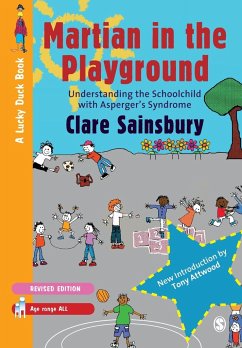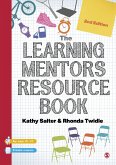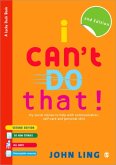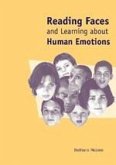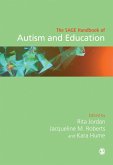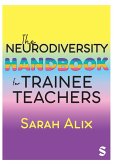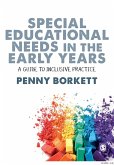`This deceptively little book contains more truth and provides more insight into what it is like to have Asperger's Syndrome than many a weighty tome on the subject. It offers a view from the inside, but it is not yet another autobiography. Admirably and refreshingly, the author has refrained from giving an account solely based on her own experiences. Instead she sets out observations from 25 different suffers, giving often astonishing and sometimes harrowing glimpses of what actually happens to a child with Asperger's Syndrome in the classroom, in the playground, in the lunch queue and at home' - The Journal of Child Psychology and Psychiatry
This award-winning book illuminates what it means to be a person who has Aspergers Syndrome by providing a window into a unique and particular world. Drawing on her own experience of schooling, and that of a network of friends and correspondents who share her way of thinking and responding, Clare Sainsbury reminds us of the potential for harm which education holds for those who do not fit.
This book holds insights that take us beyond the standard guidance on how to manage autistic spectrum disorder. It challenges the way we might handle obsessional behaviour.
It invites us to celebrate the pure passion of the intellect, which such obsessions can represent, and to recognise the delight which can be experienced by children who love to collect. It reminds us that many of the autistic mannerisms we might try to suppress actually help the child to think.
This revised edition includes an additional introduction and extensive summary of research in the field of Asperger's Syndrome, both by Tony Attwood.
This award-winning book illuminates what it means to be a person who has Aspergers Syndrome by providing a window into a unique and particular world. Drawing on her own experience of schooling, and that of a network of friends and correspondents who share her way of thinking and responding, Clare Sainsbury reminds us of the potential for harm which education holds for those who do not fit.
This book holds insights that take us beyond the standard guidance on how to manage autistic spectrum disorder. It challenges the way we might handle obsessional behaviour.
It invites us to celebrate the pure passion of the intellect, which such obsessions can represent, and to recognise the delight which can be experienced by children who love to collect. It reminds us that many of the autistic mannerisms we might try to suppress actually help the child to think.
This revised edition includes an additional introduction and extensive summary of research in the field of Asperger's Syndrome, both by Tony Attwood.
'[A book] that can be easily read in a couple of sittings and one that will provide good advice for people who will interact with these children on a daily basis' -
CHOICE Magazine
`This deceptively little book contains more truth and provides more insight into what it is like to have Asperger's Syndrome than many a weighty tome on the subject. It offers a view from the inside, but it is not yet another autobiography. Admirably and refreshingly, the author has refrained from giving an account solely based on her own experiences. Instead she sets out observations from 25 different suffers, giving often astonishing and sometimes harrowing glimpses of what actually happens to a child with Asperger's Syndrome in the classroom, in the playground, in the lunch queue and at home' - The Journal of Child Psychology and Psychiatry
CHOICE Magazine
`This deceptively little book contains more truth and provides more insight into what it is like to have Asperger's Syndrome than many a weighty tome on the subject. It offers a view from the inside, but it is not yet another autobiography. Admirably and refreshingly, the author has refrained from giving an account solely based on her own experiences. Instead she sets out observations from 25 different suffers, giving often astonishing and sometimes harrowing glimpses of what actually happens to a child with Asperger's Syndrome in the classroom, in the playground, in the lunch queue and at home' - The Journal of Child Psychology and Psychiatry

